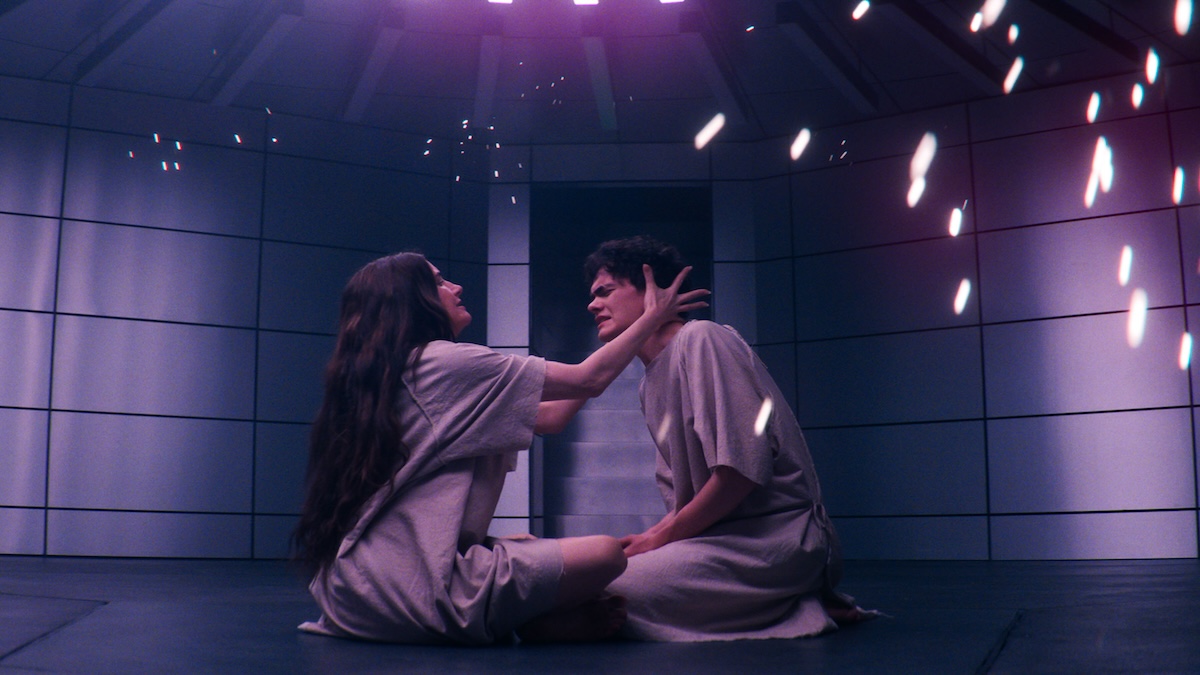I have been so pleasantly surprised by Agatha All Along. Don’t get me wrong—I was looking forward to the show, and I adore the weirdest magical corners of the Marvel Cinematic Universe, but I was still hesitant.
What if they really were planning on bringing back Wanda Maximoff in this relatively small Disney+ series? What if they were set on introducing some new world-ending threat, à la Secret Invasion, or yet another pivotal version of Earth? These things were all possible. Before the MCU officially separated the Disney+ shows under the Marvel Television label, audiences had to watch these shows to understand the movies. They made them important to the overall storyline—arguably, too important.
Wanda’s story in WandaVision directly impacted her and Stephen Strange’s journeys in Doctor Strange in the Multiverse of Madness. If you hadn’t seen that, you were missing seriously important (emotional) context. Kamala Khan, a.k.a. Ms. Marvel, was introduced in the Ms. Marvel show, and suddenly, she was a main character in Captain Marvel’s sequel film, which was also supposed to explain what happened after Secret Invasion, and yet Samuel L. Jackson’s Nick Fury seemed like a different character entirely. Sam Wilson’s transition into Captain America in The Falcon and The Winter Soldier will no doubt influence his story in Captain America: Brave New World, too, and Loki’s TVA story has massive implications for the entire Marvel Multiverse.
Of course, the MCU has always been interconnected, each movie providing a piece of the larger puzzle. But before the advent of Disney+, any shows related to the MCU—most notably, Marvel’s Agents of S.H.I.E.L.D.—were pretty much ignored by the film continuity, even though S.H.I.E.L.D. dealt directly with events from the main timeline. Marvel Studios clearly wanted the Disney+ shows to change that, but they took it way too far. Some of the already-released shows will still be influencing the MCU’s narrative for years to come, even though much of the general audience will have stopped watching them altogether.
Now, however, Agatha All Along has provided a perfect example of what a Marvel Television show should be. They can feature important characters, sure, and they can reference past storylines (even those from the movies!), but these shows should largely stand on their own, employ a distinct visual language, and most importantly, not introduce narrative threads that can alter the balance of power in the Marvel multiverse. Agatha All Along adhered to these rules and produced a creative, fun, wild, spooky, and character-driven story, one which pulled from comic lore while still fitting into the MCU’s original mythology.
It fleshed out the Marvel Cinematic Universe without modifying it entirely.
Agatha All Along also chose not to include any post-credits scenes, a choice for which I am most thankful. While the show does have an open ending, with Billy and Ghost Agatha on the hunt for Tommy, Marvel hasn’t made any major promises it can’t follow up on. It is entirely its own thing. Sure, it’s a quasi-sequel to WandaVision, but crucially, WandaVision is also a Disney+ show. Chances are that anyone who has watched WandaVision will be interested in watching Agatha All Along. The audience that primarily focuses on the movies is less likely to watch the MCU’s original shows, however.
My hope is that the upcoming slate of shows—Daredevil: Born Again, Ironheart, Wonder Man, and so on—will follow in Agatha’s footsteps, focusing on telling their own stories without the need to impact the larger MCU. If Marvel’s recently released “Look Ahead” featurette is anything to go by, it looks like the studio has finally learned its lesson, as each show looks to bring something unique (and in Daredevil’s case, wonderfully familiar) to the Marvel Television landscape.
More shows like Agatha All Along please, Marvel!










Published: Nov 3, 2024 02:12 pm